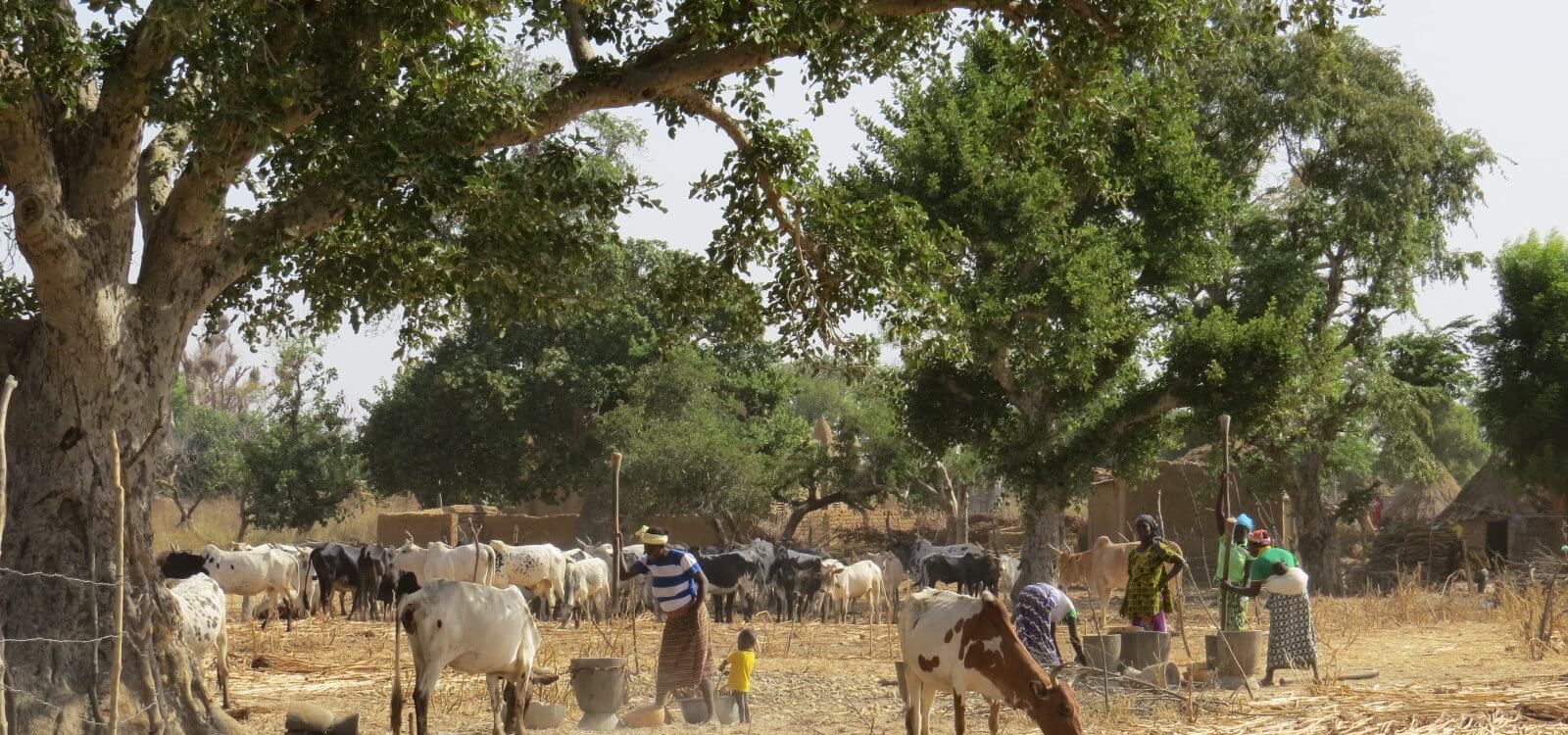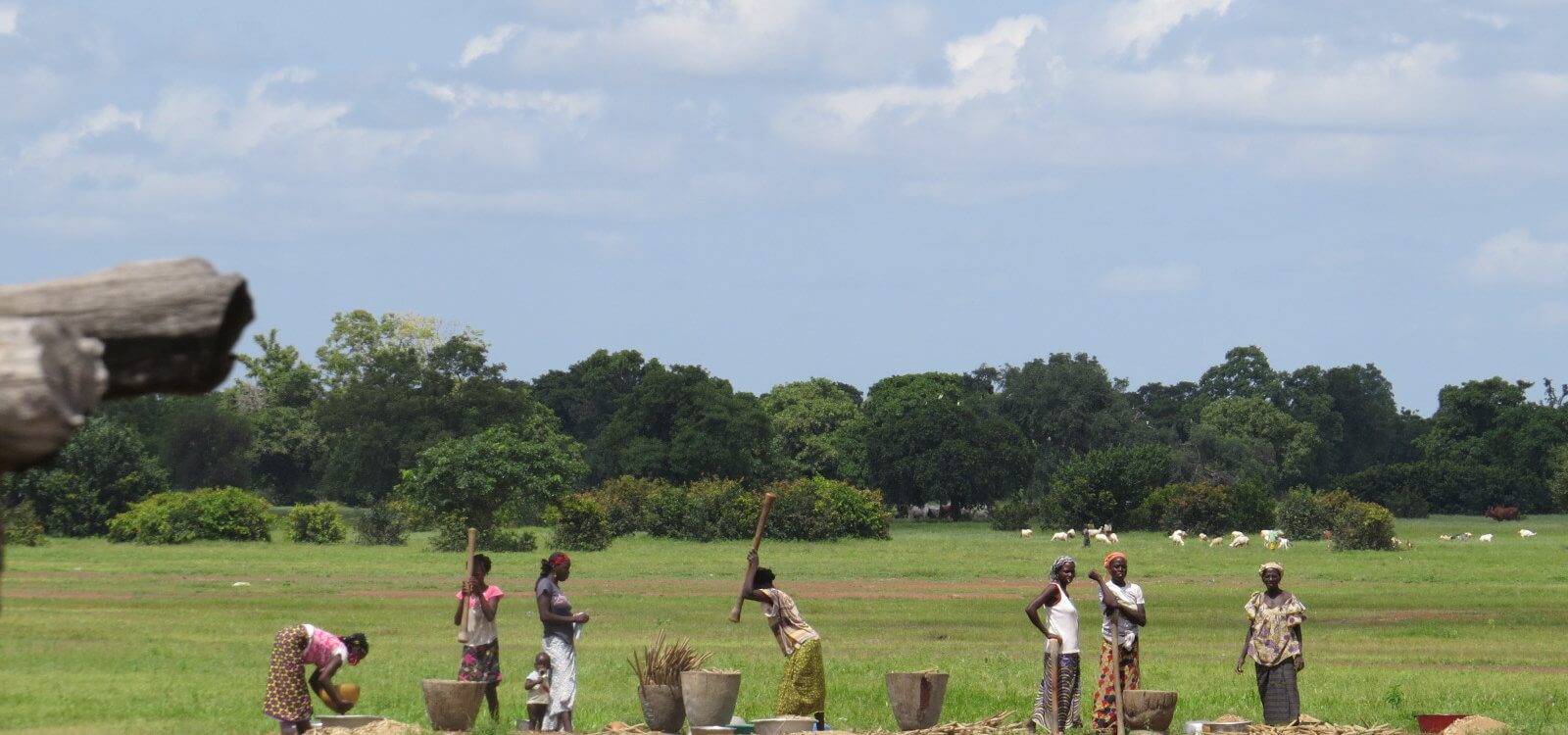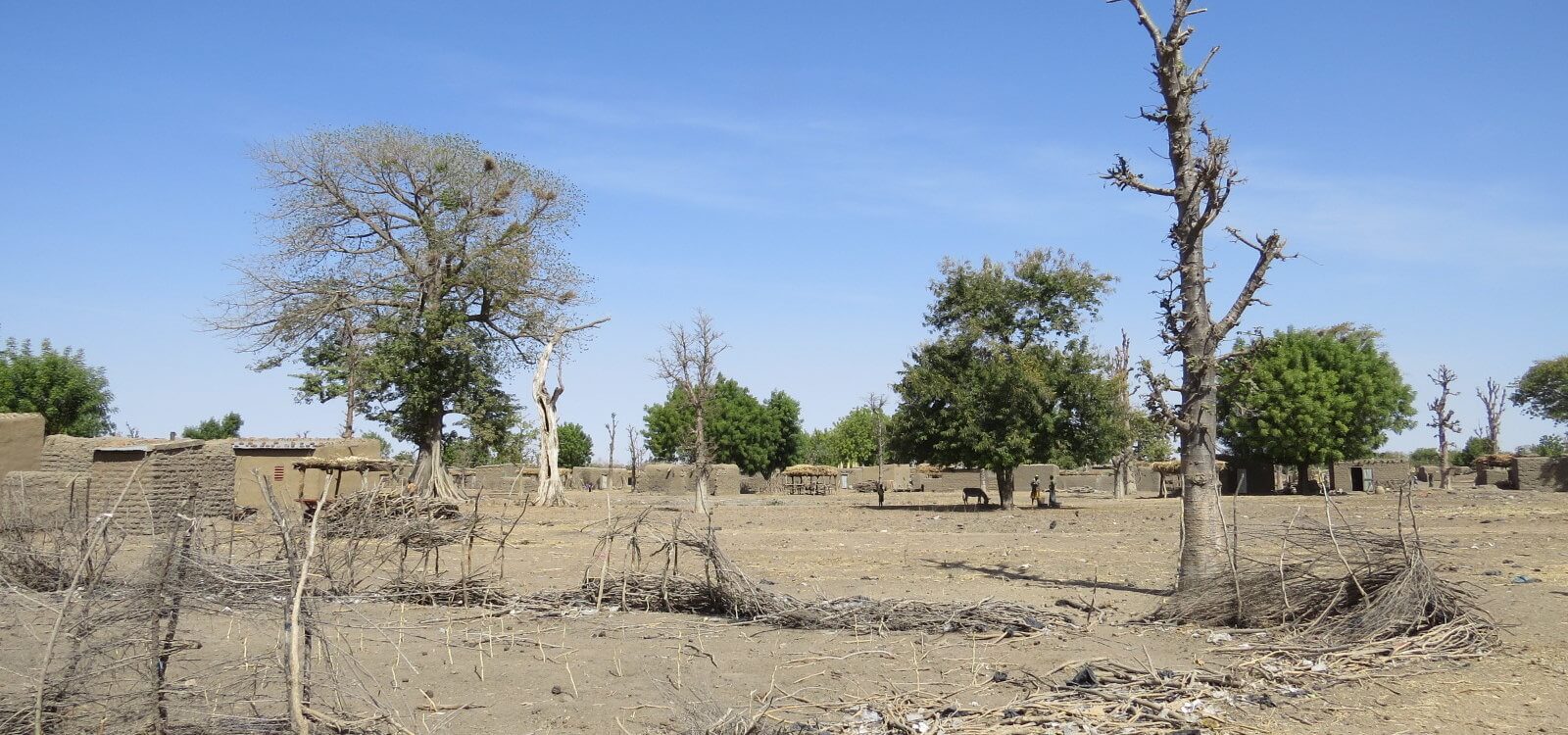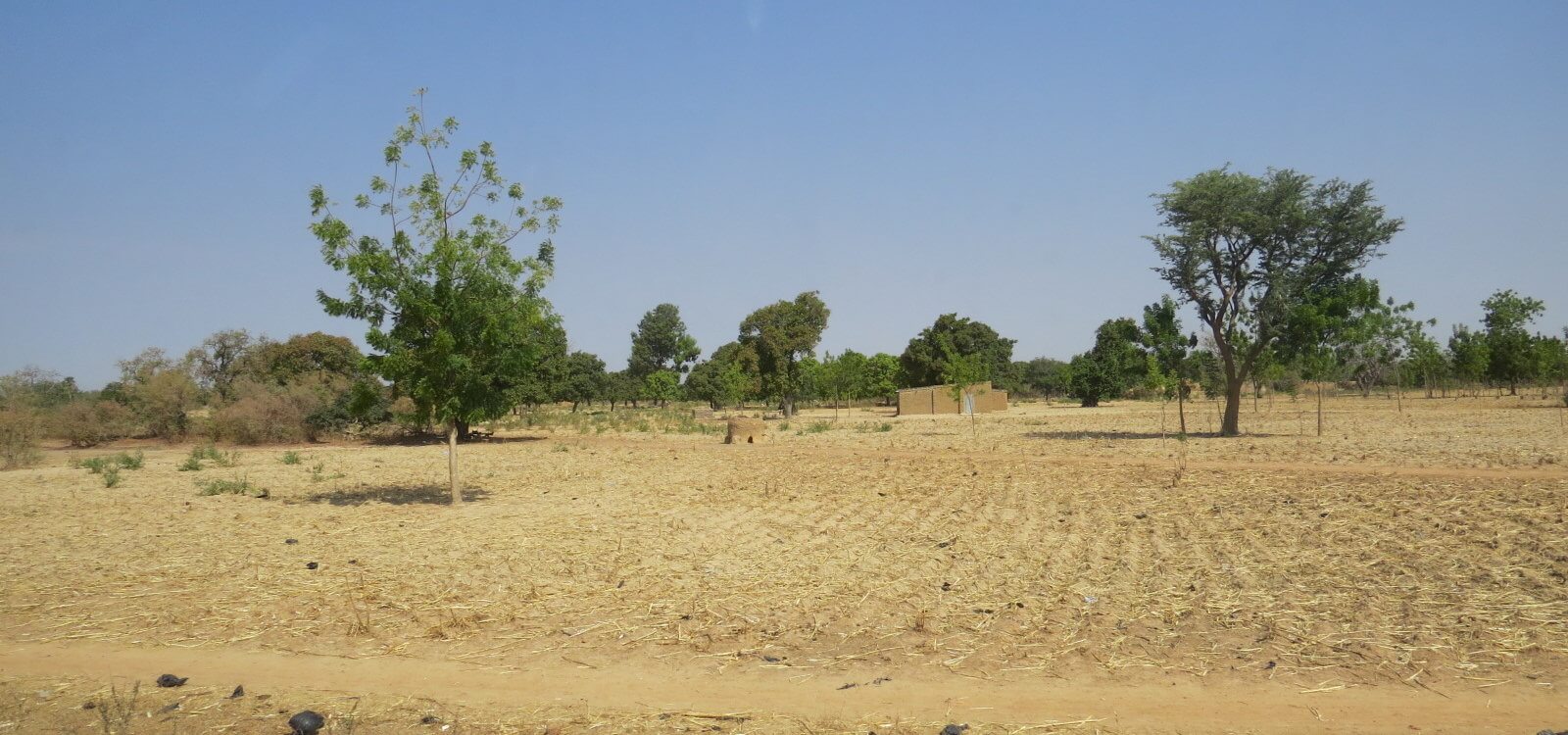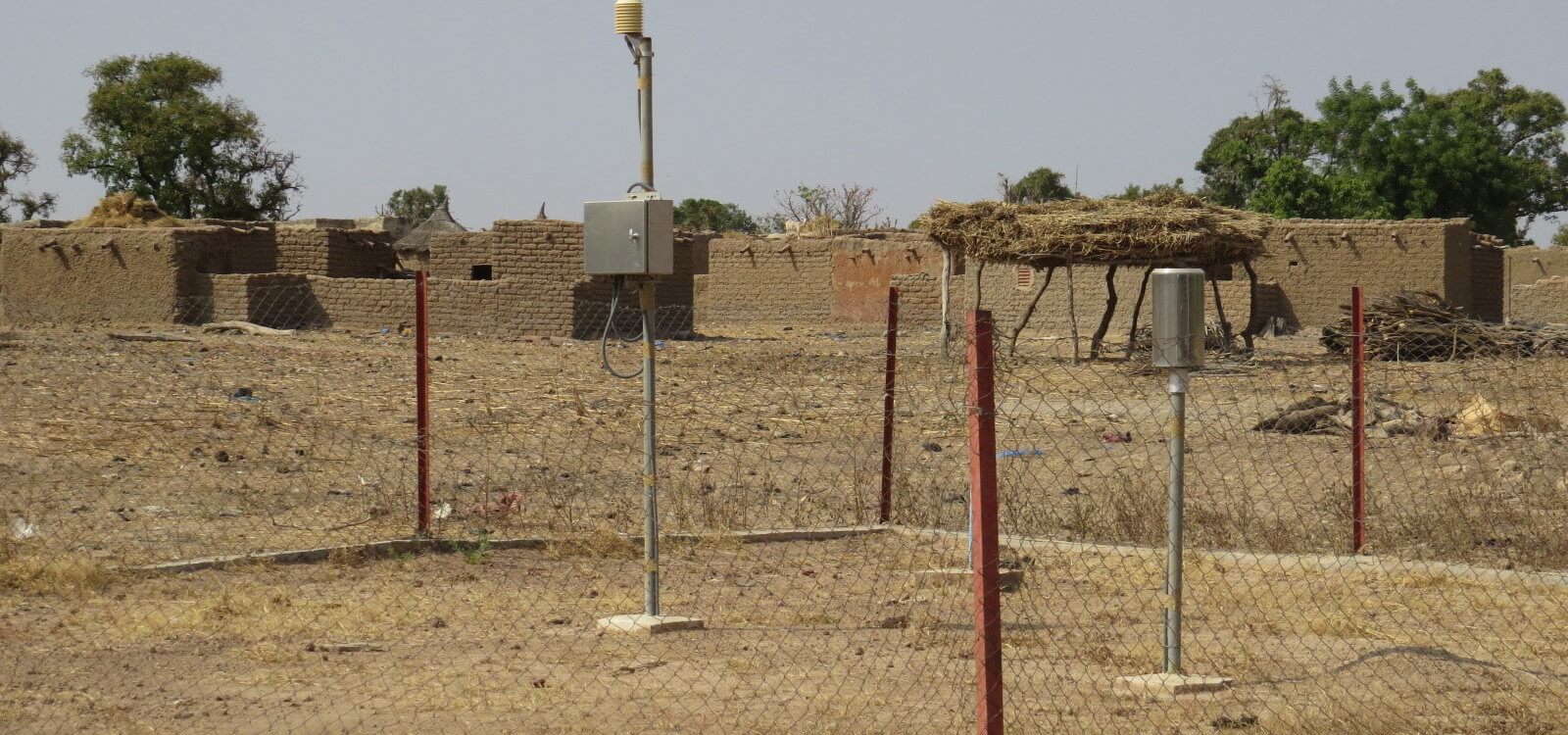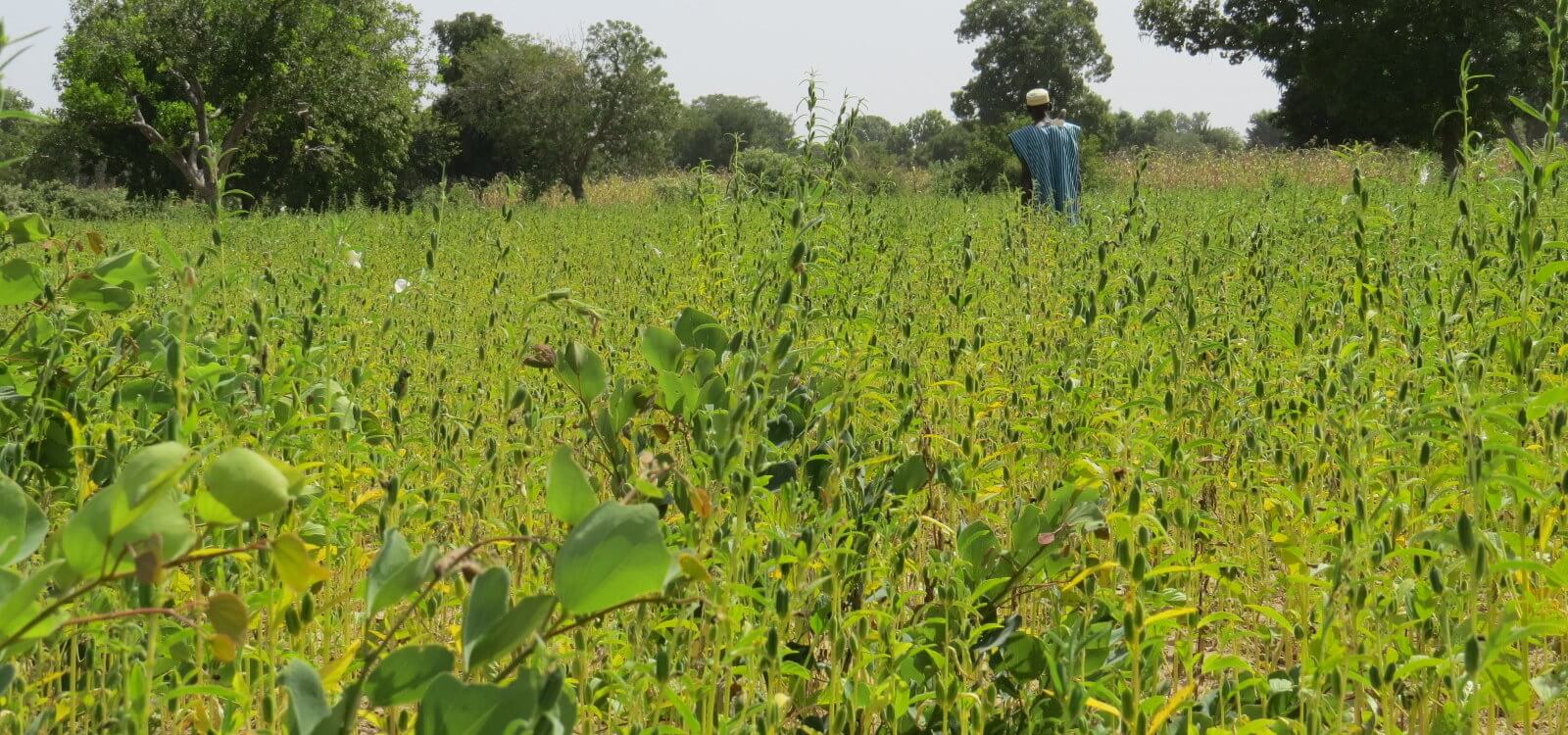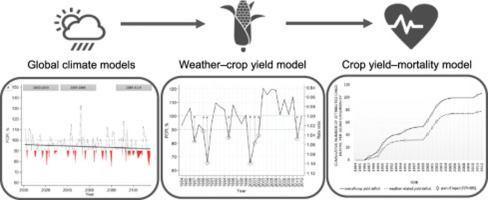Projects / P3

P3: Weather and climate-related impacts on crop yields and food production on regional and national scale
Agricultural production strongly depends on climate and weather conditions in addition to the socio-economic environment. Hence, future agricultural production, food prices and trade will be affected by global climate change. Climate change impacts show negative impacts on future global agricultural production. While most industrial countries will be affected rather modestly, some of the biggest negative impacts with respect to food availability and undernutrition can be expected for Sub-Saharan Africa (SSA). In particular declining water availability due to changing climate conditions and a more erratic precipitation will increase the pressure on the food production system in Burkina Faso and Kenya. In addition to this, population growth and changing diets require an increase in food production, which is limited by the potential for expanding the arable land area. These trends foster food insecurity, prevent the establishment of resilient agricultural systems and reduce farmers’ capacity to cope with climate change.
For smallholder and subsistence farmers in rural SSA, years with crop yield losses often result in insufficient child nutrition status and lead to decreasing child survival rates. Yield losses and yield failures are projected to occur with increasing frequency in a changing climate. Climate-attributable crop yield losses were shown to result in severe food production shortfalls, which have contributed to food insecurity and undernutrition. For this purpose, we developed a semi-empirical crop model (empirical model which uses process-based inputs) to assess crop yields and to identify risks for potential yield losses and failures caused by adverse weather conditions. Using these models, we were able to show the impact of weather trends on child mortality to quantify nutrition-related health impacts for past and future weather conditions for rural Burkina Faso.
To further explore this link, there is a need to widen the analysis both in terms of regional scope (bringing the assessment to household, district and national scale) as well as in terms of exploring varying degrees of food security and health impacts from yield losses. This research therefore intends to address these questions on different spatial scales and scopes. To do so, we will further develop the semi-empirical crop modelling approach to provide assessments for yield impacts (quantity, quality) for key crops for Kenya and Burkina Faso on regional and national level. The applied crop modelling approach will differentiate between weather-related and non-weather-related yield influences and will provide information on crop yield failures. This will provide information to allow farmers adjusting their agronomic management and increasing their adaptive capacity to climate change.

Principal Investigator (PI):
Prof. Dr. Christoph Gornott
Potsdam Institute for Climate Impact Research (PIK)
Potsdam, Germany
E-mail: gornott@pik-potsdam.de
Dr. Rahel Laudien, Postdoc, PIK
Bernhard Schauberger, Postdoc, PIK
Dr. Lisa Murken, Postdoc, PIK

